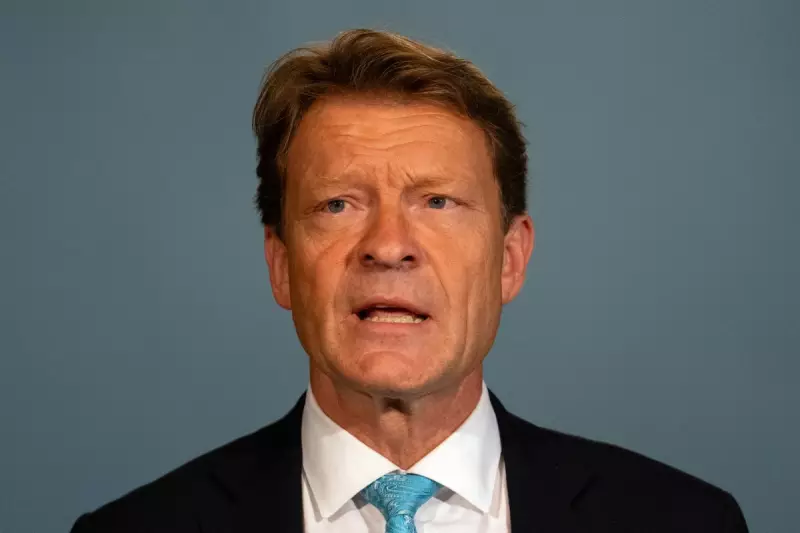
Reform UK chairman Richard Tice has ignited a political storm with an incendiary comparison, equating Labour leader Sir Keir Starmer to North Korean dictator Kim Jong-un. The remarks, made during a tense campaign event, have drawn immediate condemnation from across the political spectrum.
Tice launched his extraordinary broadside while criticising Starmer's pledge to maintain the two-child benefit cap, a policy initially introduced by the Conservative government. He accused the Labour leader of adopting a 'supreme leader' style of governance, reminiscent of the authoritarian North Korean regime.
The controversial comments were met with a mix of disbelief and outrage from attendees and political opponents alike, who deemed the analogy deeply offensive and wildly inaccurate.
Defiance in the Face of Backlash
Despite the swift backlash, Tice remained unapologetic, doubling down on his rhetoric. He defended his statement by claiming it highlighted what he perceives as Starmer's authoritarian tendencies and a lack of genuine policy debate within the Labour Party.
This incident is not the first time Tice has employed inflammatory language to attack his opponents, suggesting a strategic shift towards more aggressive and polarising rhetoric as the general election approaches.
A Pattern of Provocative Rhetoric
Political analysts suggest this attack aligns with Reform UK's broader strategy to disrupt the political establishment and attract media attention. By leveraging extreme comparisons, the party aims to solidify its support base and differentiate itself from both the Conservatives and Labour.
However, critics argue that such language risks coarsening political discourse and undermining serious debate on critical issues facing the United Kingdom.
The fallout from Tice's remarks continues to develop, raising questions about the boundaries of political criticism and the tactics employed by smaller parties in a highly competitive election landscape.





